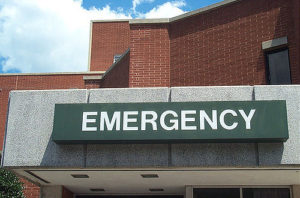By Christine Connally
As warmer weather comes our way and Spring Break approaches, many of you may have vacation plans. Please consider these tips: Always leave a number with your host family where you can be reached. If you haven’t made photocopies of your most important documents (passport and visas), remember to do so before you take those documents on a trip. In case of loss or theft, the photocopies cannot substitute for originals, but they may help you get replacement papers sooner.
- Always have the APIA 24 hour emergency number with you 1 800 928 7247
- Travel with other au pairs or friends as there is safety in numbers
- If traveling outside the US get your DS-2019 Travel Validation Form signed
- Call the consulate of the country you are visiting in case you need a tourist visa
- Let your counselor know you will be traveling, especially if going outside the US
- Stay alert
- Never leave your luggage unattended
- Don’t put any valuables in luggage that you check
- Keep your travel tickets, passport and visa in a safe closed bag or pocket, not sticking out of an outer pocket
- Never carry a large amount of cash
- Carry your cash separate from your wallet. Keep both in an inner or front pocket
- Carry handbags and cameras close to you, not hanging by a long strap
- Don’t put valuables in an easy-to-reach backpack
- If you are bumped or distracted by a stranger, be aware that a pickpocket may be targeting you.
- Call 911 for police assistance.


